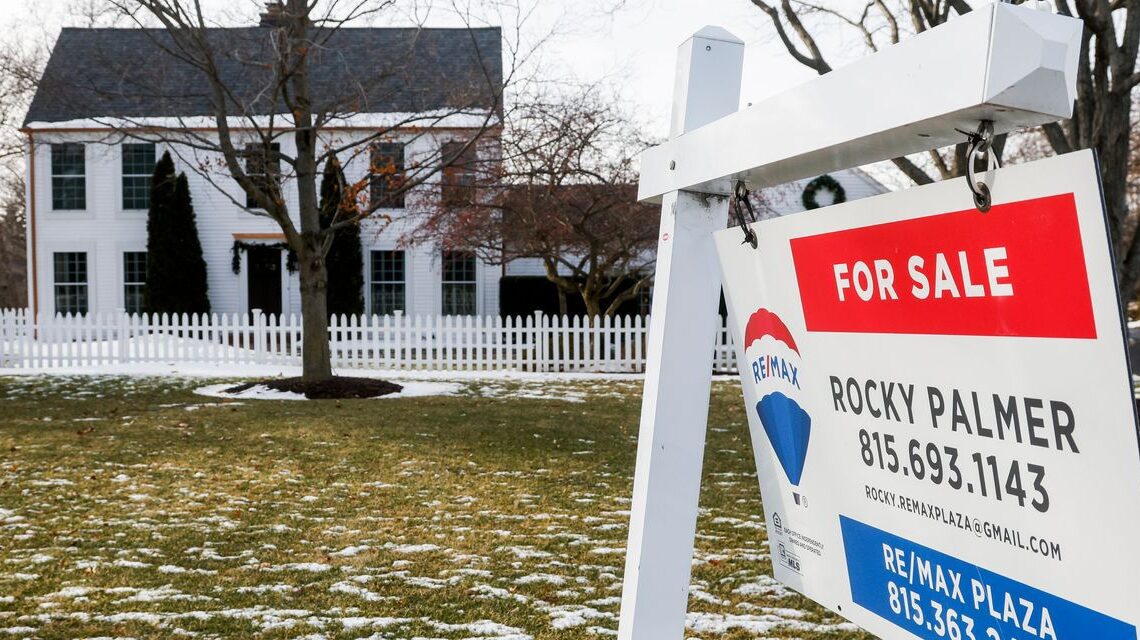Editor’s note: In this Future View, students discuss home ownership. Next week we’ll ask, “What would a recession mean to you? What changes would you be willing to make? What effect will a recession have on college students?” Students should click here to submit opinions of fewer than 250 words before Jan. 17. The best responses will be published that night. Click here to submit a video to our Future View Snapchat show.
A year ago I came close to buying a home. That says a lot considering my wages as a graduate student. After meeting with lenders, visiting realtors, and reassessing my budget, I was in position to take the leap. But ultimately my graduation and likely move from the state changed my mind.
It’s nice that my landlord fixes leaks and replaces broken fuses. But what are those tasks when I get to choose the color of the walls and where to hang pictures? Houses may cost more than they used to, but much of the reason they are hard to afford is due to a societal shift in spending priorities. Traveling and eating out are other expensive interests, which have soared in importance in recent decades. Cut those out of a budget and for many a down payment wouldn’t be out of reach.
Once I graduate and land a stable job, however, buying a home will almost certainly top my to-do list.
—Spencer Wadsworth, Iowa State University, statistics
What Happened to Living With Family?
Owning a home or even moving out after college is not considered the same rite of passage in America that it used to be. In many cultures, it’s perfectly acceptable to have more than one generation under the same roof. In fact, in some parts of the world, it’s the norm.
Many students will move to big cities after they graduate to take advantage of job opportunities. But after the pandemic and the subsequent rent increases, many people are questioning how much a 250-square-foot roach-infested box without a washer and dryer is really worth. Rent and housing costs are incredibly expensive, and, for a lot of people, it may make more financial sense to live with their parents in their childhood home and invest the money they’re saving.
In America, it’s pretty common for college graduates to call their parents only once a week, but it doesn’t have to be that way. Having stronger familial ties would reduce loneliness and help to create stronger…
Click Here to Read the Full Original Article at RSSOpinion…

